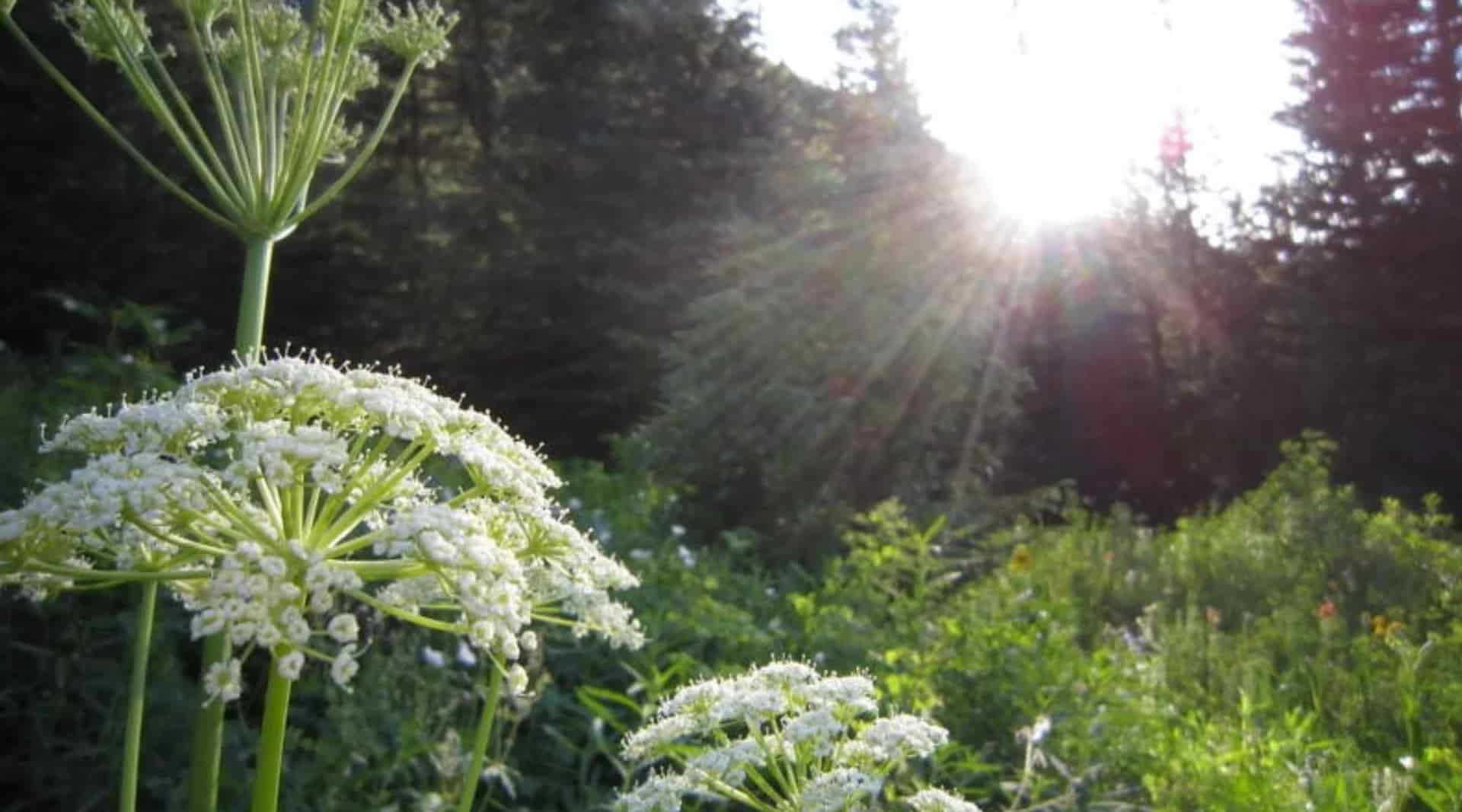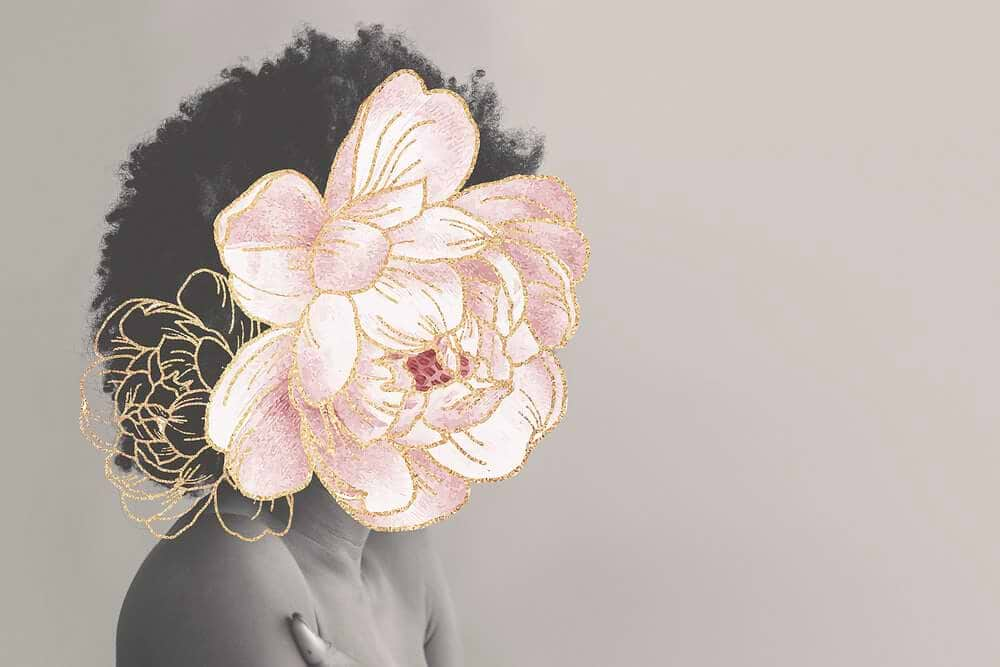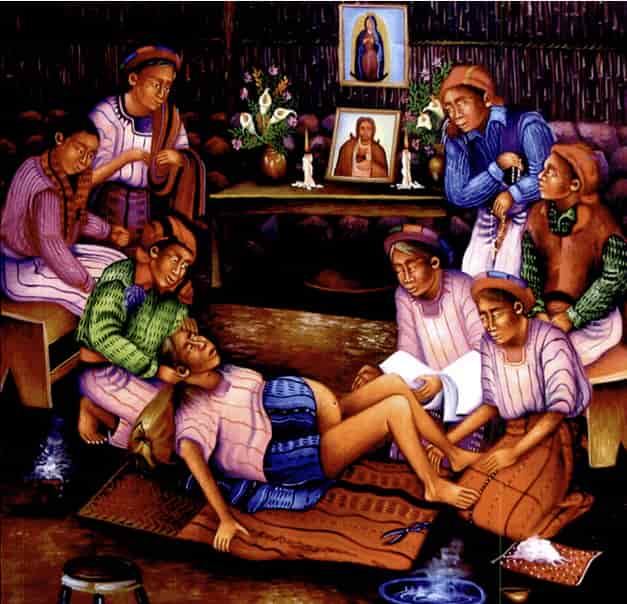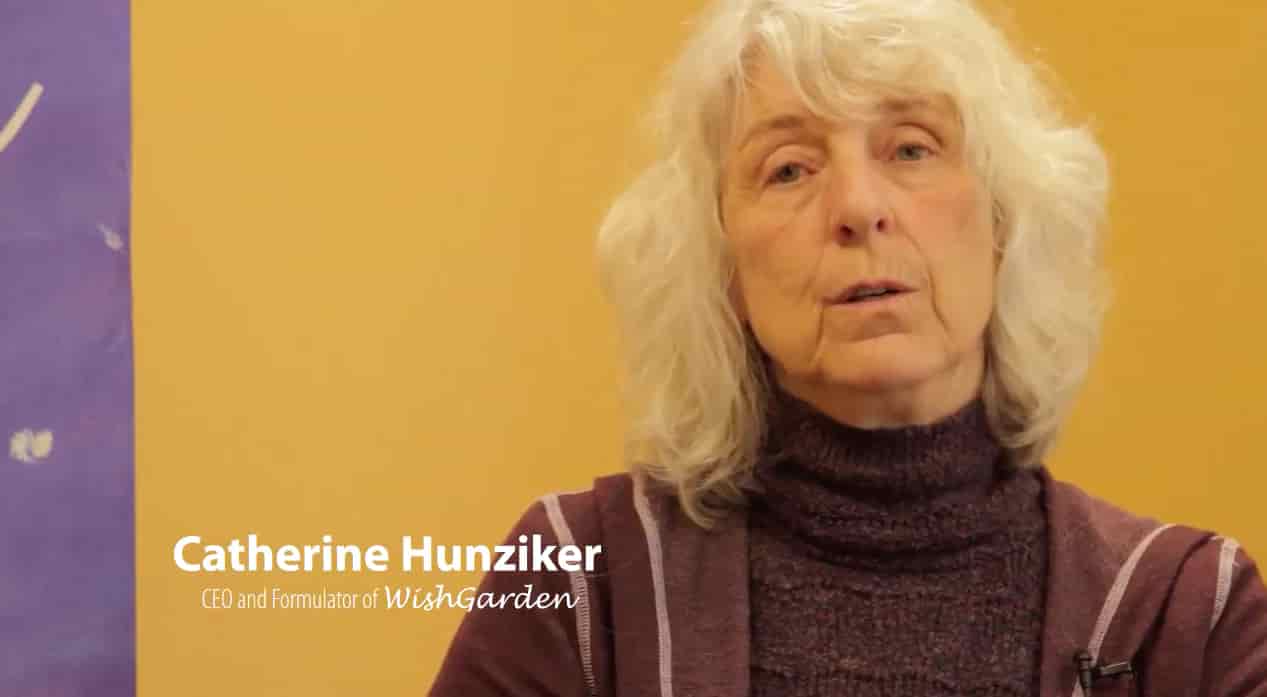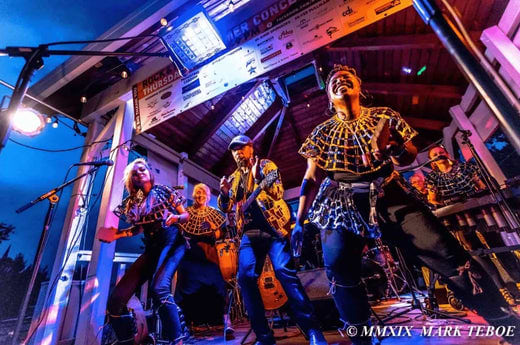Catherine Hunziker is WishGarden Herbs' owner and chief formulator. Catherine bought WishGarden Herbs in 1986.
Catherine, how did you get started in music? I came to music relatively late. My family were engineers and professionals. And there was this idea that there wasn't a creative bone in our family. But during the "back to the land" movement, I'm an old hippie — I was in college during the Vietnam war when the protests and the cultural revolution were happening. I very much wanted to be part of the answer for a sustainable future. I wasn't an herbalist, but I was a plant person, and I moved to the Ozarks during the "back to the land" movement in the early eighties. It's rural there, and there were a lot of hippies and different cultural groups on the land. And what you did for fun is, you went over to your friend's house — it might be 10, 20 miles away, and they would play music. That's how we got together.
Your style is definitely genre-defying and unable to be put within a box. What did the path look like to your present style of music?
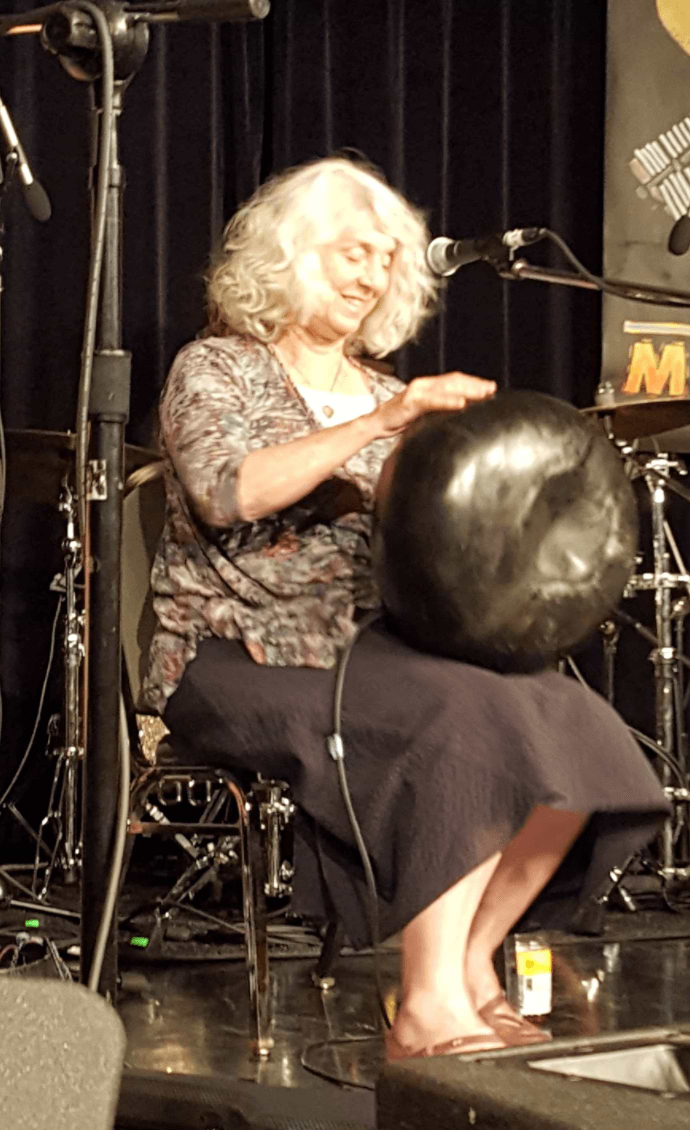
I was in the rural scene. That's where I started playing a little guitar, and started singing - with influences of country music and bluegrass harmonies. I had taken piano lessons and even played clarinet in junior high, but that's when I really started getting interested in music. And that was that. I bought WishGarden in '87. I was a single mom with three kids, and in order to bring balance to my life, I took the first available cross-cultural classes at Colorado University and at Naropa. I took a drumming class and a dance class because I could not sit still. I loved the beat and the rhythm of the African dance. I was sort of semi-professional, participating in different performances. And I still love to dance today. At one of the performances, this marimba band showed up. I was like, "what is that?". It's a wooden xylophone that is cross-cultural in Southern Africa. That was my first introduction to Zimbabwean-specific music. I was doing African dance, Cuban and South American African influenced dance, and learning about the culture and the cosmology at the time. There's such a strong connection to ancestral lineages within the African culture that it reintroduced me to my own Celtic druidic British child, way back to Scotland. Then I hosted teachers from Zimbabwe to come here to teach. It gave me a really nice balance with entrepreneurship, you know, with business and work and stress levels.
Music takes you into a different physiology, particularly when you get the rhythm going. It puts you into an ecstatic space. I'll just sort of touch on it, but you get ecstatic space as measurable, and you get a balance of the sympathetic and the parasympathetic nervous systems. So they're working together and there's something about it, it's not deep sleep, it's not REM sleep. It's not ordinary consciousness. It's all in the physiological, energetic, or neurological state. And it flushes negativity and puts you in that space where you feel connected to people. It supports true intimacy. You know, you feel connected to people, you feel part of the community. And one of the things that I learned from African culture, it's not about performers and audiences. You're going somewhere together. You're going into that ecstatic space together. And that's what I loved and that's what I appreciated.
So I kept playing with them, and I was still dancing. The band is big because it is similar to Latin American music, you know, you have all these instruments that you play together, and African music is more about the group than any particular person— it's about how it all comes together. The band members have been connected through the music over the years. It actually feels more like a family or a community.
What is your band's creative process like? With such a large group, how do you make decisions and work together?

Zivanai Masango is our band leader. He is a world-class musician. He came to the US maybe in the early 2000s. He just went back to Zimbabwe for the first time recently, which was wonderful for him. He's definitely world-class and he can play all these different instruments. And he's played with a lot of famous people. I have functioned as something that you might call a band manager that helps make it happen. But mostly it's collaborative, and definitely not dictatorial. We just kind of work things out together. Like when we were trying to figure out what to do about rehearsals during the shut down, it was a group process. Weighing different people on their different opinions. So I would say mostly it's a democracy when making decisions about things.
Who would Zimbira most like to collaborate with? If we were to play along with a band, maybe a world-known band such as one of the major acts out of Africa. But if there was a rock and indie band, for example, if String Cheese was still playing, we could open for them. Our music is heartfelt - it's joyful. It definitely takes people to that ecstatic experience. Collaborating with a band that also does that would be great.
What has your biggest musical challenge been? The thing that I was not prepared for is the business side of music. It is big and it's a lot, and it's every bit as important. Yes, you have to have the talent, but you have to give people an experience. Whether you end up touring around the country, whether you end up getting famous, it is about the business side of it, right? And it's remarkably similar to the natural product channel in a way. But, making money with music is harder than a lot of other paths. There's a threshold, you basically have to invest in yourself and not make much money up to a certain point until you can draw people to shows and to your music. And then it flips and you start making nice money. But the whole business side of it is like, wow, that's a lot. I don't know where we'll go because in many ways we're a community band, but we have a lot of potential.
Do you find there to be a link between herbalism and musicality/the creative process? Yes, there definitely is a link. I picked our logo, the Angelica leaf, because the leaves in the middle reach out. Bridging the world between earth and music. Bringing people together, cross-continental, cross-globally. There's another thing that that bridge represents — the indigenous and the post-modern. How do we move forward to a sustainable future? And so the image is one leaf and an image of a hunter and gathers. And then you've got the postmodern which is our version of that. We need to take and learn from that and move to a sustainable future. So bridging the indigenous to the postmodern for a way forward. Racism and all this hate — I mean, your skin color is just like the clothes you wear, you know, it doesn't matter, we're all people and we all have something to offer. Music is one way of bringing that together and bringing people together. Particularly within an ecstatic space where people are more open. And when you're in that physiology, you're open and available to meet people and connect with people. Herbs are cross-cultural and music is cross-cultural and they both build bridges.
For educational purposes only. This information has not been evaluated by the Food and Drug Administration. This information is not intended to diagnose, treat, cure, or prevent any disease, or sell any product.
Recommended Products
Further Reading

